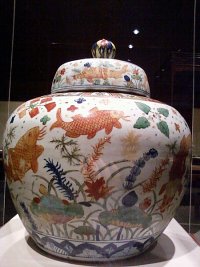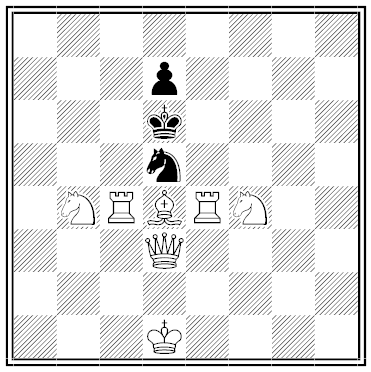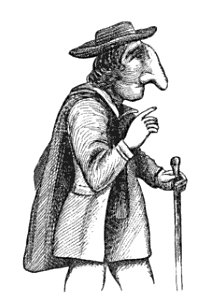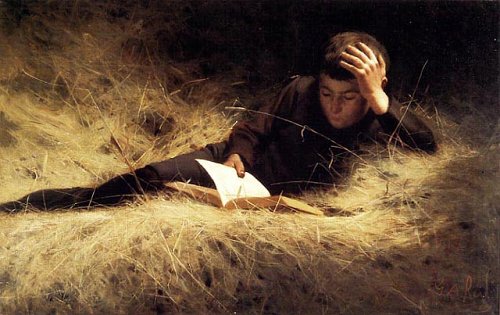
In 1933, Harvard mathematician George Birkhoff quantified beauty. The basic idea, he said, is that M = O/C, where M is the “aesthetic measure,” O is order, and C is complexity. By elaborating this principle into specific formulas, he decided that the square is the most pleasing polygon and the major triad the most pleasing diatonic chord. Of eight vases he considered, a Ming jar ranked highest, with M = 0.80, and in poetry the opening of Coleridge’s “Kubla Khan” received an M rating of 0.83. The same principles can be applied to painting, sculpture, and architecture.
This kind of use of the formula leads at once to certain well known aesthetic maxims:
- Unify as far as possible without loss of variety (that is, diminish the complexity C without decrease of the order O).
- Achieve variety in so far as possible without loss of unity (that is, increase O without increase of C).
- This ‘unity in variety’ must be found in the several parts as well as in the whole (that is, the order and complexity of the parts enter into the order and complexity of the whole).
“Now it seems to me that the postulation of genius in any mystical sense is unnecessary,” he concluded. “The analytic phase appears as an inevitable part of aesthetic experience. The more extensive this experience is, the more definite becomes the analysis.”





